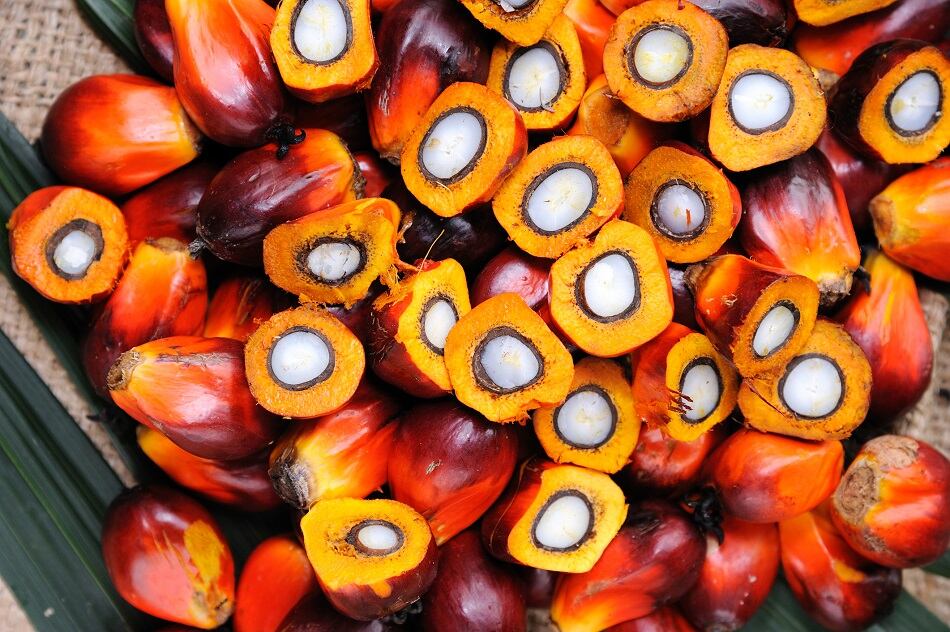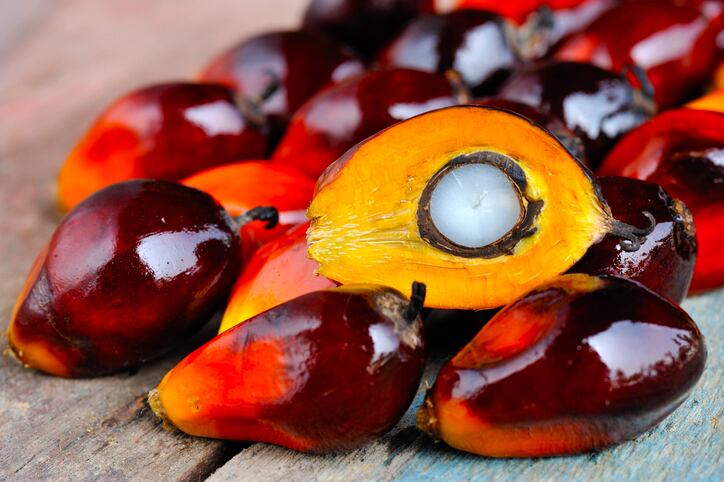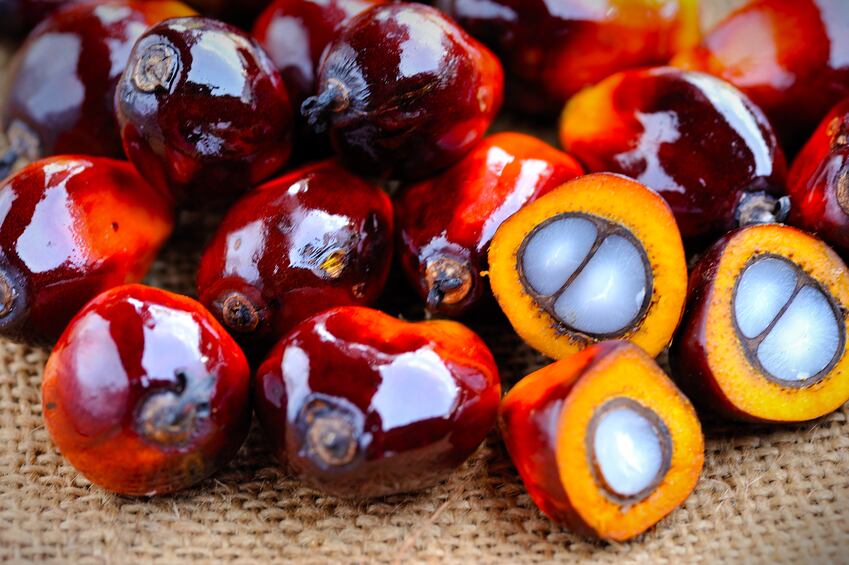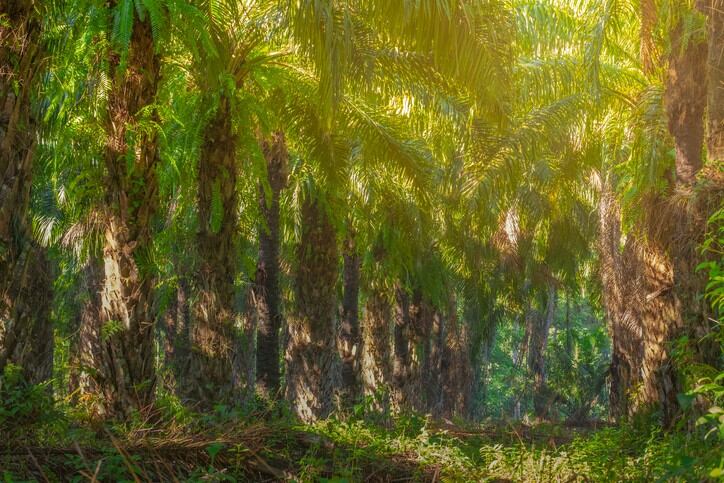“GREPALMA is committed to promoting actions among its members to ensure sustainable oil production throughout the value chain, preserving the environment in which we operate and investing in projects that provide well-being and ensure ecosystem services,” a spokesperson for the association told FoodNavigator-LATAM.
The initiative responds to GREPALMA’s own Environmental and Climate Change Policy and the fulfillment of the Sustainable Development Goal on the management of terrestrial ecosystems. Currently, 16 of its 35 members have signed on - representing 77% of the organization’s total associated land. Many of the members started taking action prior to 2010 to be eligible for certification.
With lessons learned from palm oil’s legacy of deforestation in Southeast Asia, both government and producers are working towards environmental protections as the industry expands in Latin America.
“The market itself becomes our best ally for this, preferring oil that is produced with an economic, environmental and social balance,” GREPALMA noted.
In Guatemala alone, crude palm oil exports have grown almost seven-fold in the last decade to over 800,000 tonnes in 2019. Projected growth is based on increasing efficiency, GREPALMA said, and new plantations are subject to compliance with zero deforestation requirements.
Progress towards the commitment
For technical support towards implementation, GREPALMA partnered with the Forest Guild of Guatemala and the Solidaridad Network. Actions for 2020 include the creation of the Agreement for Zero Deforestation with the public sector and defining a neutral third party for satellite verification of compliance with the commitment.
On Feb. 23, GREPALMA members met with representatives of the forest guild to learn about the Probosque program that provides economic incentives for restoration and reforestation efforts.
“Companies are directly supporting the conservation of more than 19,000 hectares of the Maya Biosphere Reserve in Guatemala,” says GREPALMA, adding that environmental guidelines for the sector include the maintenance and creation of biological corridors.
The Roundtable on Sustainable Palm Oil (RSPO) confirmed that it is currently in talks with the association to determine whether the commitment to GREPALMA is also a commitment to its certification standards.
Six Guatemalan palm growers are currently certified to RSPO principles and criteria, including three signatories to the GREPALMA commitment - Las Palmas, Naturaceites and members of Grupo HAME.
“We are working with other Guatemalan growers to reach membership and certification in 2020,” said Daniel Strechay, Interim Global Director of Outreach & Engagement at RSPO. “The 2018 RSPO P&C are some of the strictest agricultural standards worldwide, therefore, some Guatemalan growers are working hard to resolve social and human rights issues in order to meet our criteria.”
According to the latest market data provided by RSPO, Guatemala is the leading producer of certified sustainable palm oil in Latin America with 332,420 tonnes.




